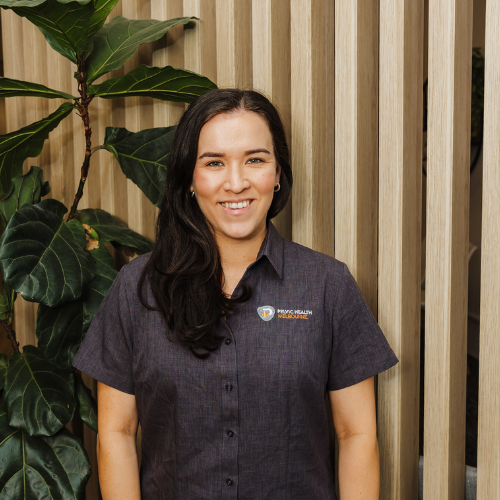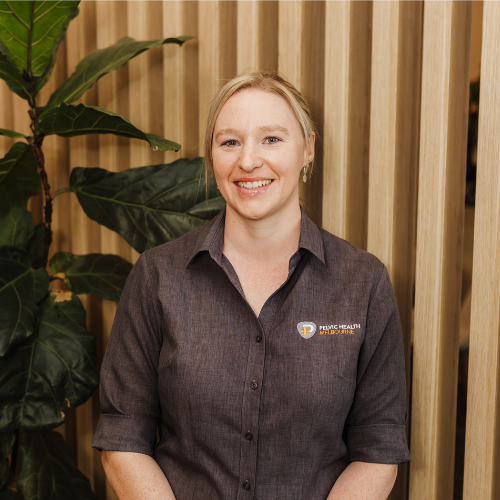
Pelvic Pain can affect women throughout their lives and interfere with intimate relationships and quality of life so don’t suffer in silence and get some help to manage or overcome your pelvic pain.
What is pelvic pain?
Pelvic pain is the general term used to talk about all pain experienced in the pelvic region; inside the pelvis, in the lower abdomen, vulva, vagina, and perineal and anal areas. It encompasses a wide variety of conditions you may have heard of such as vulvodynia, vaginismus, dyspareunia, endometriosis, and polycystic ovary syndrome (PCOS).
You may experience one or a few of these conditions but the impact on your life can be significant. Our physios can help women discover strategies to alleviate or control the pain better or get rid of it altogether.
Signs and symptoms?
- Do you experience abnormal or heavy periods?
- Do you experience excessive pain in your lower back/abdomen / or pelvic area around your period or ovulation?
- Do you experience pain or burning during intimacy, with touch or whilst trying to insert a tampon?
- Do you experience pain or burning in and around your vagina without a specific cause?
- Are you able to achieve an orgasm or has your ability to achieve an orgasm decreased?
- Are you unable to achieve penetrative intimacy?
If you answer yes to two or more of the above questions you likely have pelvic pain?
Contributing factors to pelvic pain?
- Pelvic floor muscle dysfunction can result in overactivity or tension of these muscles
- Conditions like endometriosis, PCOS
- The physical trauma of childbirth
- Previous sexual trauma/assault
- Medical conditions/medications or hormones
- Anxiety, stress, fear of pain
- Relationship problems
- No obvious cause whatsoever
How can we help?
Physiotherapy help for pelvic pain?
Your physiotherapist can assist to uncover the triggers for your pain and assist you to manage, relieve or overcome your pelvic pain by using some of the following treatments:
- Pelvic floor muscle relaxation techniques
- Massage, dry needling and stretching exercises
- Spinal mobilisations and stretches where relevant
- Touch desensitisation
- The use of TENS machines to manage your pain
- Lubricant and vaginal moisturisers
- The use of dilators and/or vibrators
We work in conjunction with your specialist healthcare team which will normally include your GP, gynaecologist, pain specialist and psychologist. If you don't have a healthcare team already we work with some of the best pelvic pain caregivers in Melbourne and are happy to refer you for your overall care.
Pelvic Pain conditions
Related Blogs














